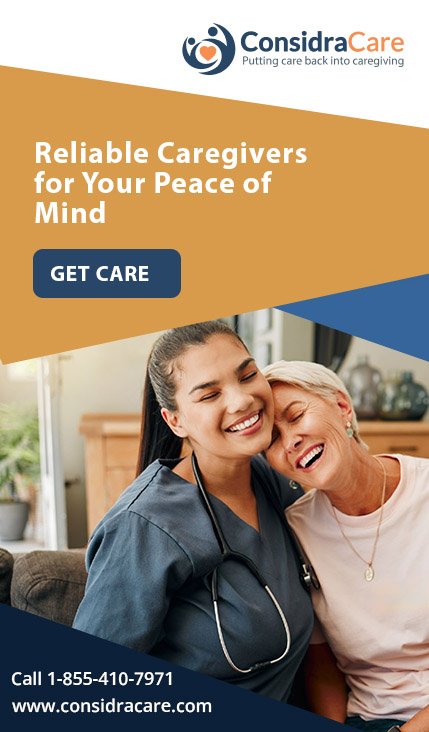Many studies have shown that aging in unfamiliar surroundings, such as care homes, can cause distress, a decline in health, lower life expectancy and higher mortality rates among seniors. However, it is the peak of the COVID-19 pandemic which has really brought the vulnerability of retirement homes and facilities to light. The vulnerabilities of these facilities have caused families to prefer live-in home care during COVID-19 for their loved ones.
These facilities have become hotspots for COVID-19. Their residents and staff have suffered from significantly higher infection and mortality rates than the general population.
In Canada, LTC residents accounted for only 3% of all COVID-19 cases, but 43% of COVID-19 deaths. The proportion of COVID-19 deaths in long-term care facilities was twice the average of other OECD countries. These numbers are alarming and raised many questions about the safety and infection control measures at assisted living facilities.
In fact, there has been a marked change in Canadians’ opinion about long-term care and nursing facilities. In 2021, The National Post surveyed 3,000 people between the age of 50 and 69 across Ontario and Quebec. It observed that “a full 72 percent of our respondents said they were less inclined to enter a nursing home, and 70 percent of them said the pandemic caused them serious concerns about exposure to health risks in long-term care facilities.”
This has led to an increased interest in alternative solutions to nursing home care, particularly in-home care.
How is Live-in Home Care better than Residential Care?
The Canadian Institute for Health Information reports that “almost 1 in 3 seniors admitted to residential care do not belong there and can be supported with home care”.
In-home care has a lot of potential but is underutilized in Canada. In fact, Canadian hospitals and many doctors are not familiar with the type of home care options available for seniors and their benefits, which include :
- The opportunity for seniors to stay independent longer within familiar surroundings and maintain their lifestyles including who to meet, what to eat and where to go.
- A higher level of happiness which is great for mental health The comfort of in-home care has also been shown to make healing faster.
- One-on-one care and companionship customized for the seniors’ individual needs.
- Lower cost, especially if full-time care is needed or care is needed for a senior couple
- Families remain in control and involved in the care of their loved ones and are free to visit any time.
How is Live-in Home Care Safer Than Residential Care?
Live-in care means a caregiver lives with the senior, in the senior’s home, for at least 5 days a week. It is one of the safest alternatives to residential care and the best form of in-home care.
Live-in caregivers ensure high-quality care for seniors while minimizing mank risks. Some examples of the types of risks live-in care can reduce include :
- Minimized infection risk as seniors in private homes have significantly less contact with others, especially strangers, compared to retirement facilities.
- Lower risks of falls and hospitalization as seniors stay and move in familiar environments. Caregivers can also keep the homes safe and hazard-free.
- Caregivers can monitor the senior and call health and emergency services if the need arises.
- The caregiver and elderly can isolate themselves quickly in case of a pandemic or endemic risk.
- The caregivers can prevent seniors suffering from dementia from wandering.
How Live-in Home Care Minimizes the Risk of Covid-19
All of live-in caregivers are fully vaccinated and trained in infection prevention. By ensuring that care is delivered by only one caregiver, the risk of a senior getting exposed to infection from different caregivers is minimized. Our team has an extensive background in senior and health care. We start by building a plan of care that identifies all the risks for your loved ones and lists the schedule of activities that the caregiver needs to carry out to mitigate them.
Conclusion
Aging in a care home or a long-term care facility may not be the best and safest alternative for seniors, especially during COVID-19. In-home care can minimize infection and safety risks for seniors and helps them age safely, independently and comfortably in familiar surroundings. Live-in care is a superior form of home care and offers the best and safest quality of care for seniors.
Want to Learn More?
Please reach out to us at wecare@considracare.com, or call us at 1-855-410-7971 and we will be happy to understand and help you with the care needs of a loved one.

